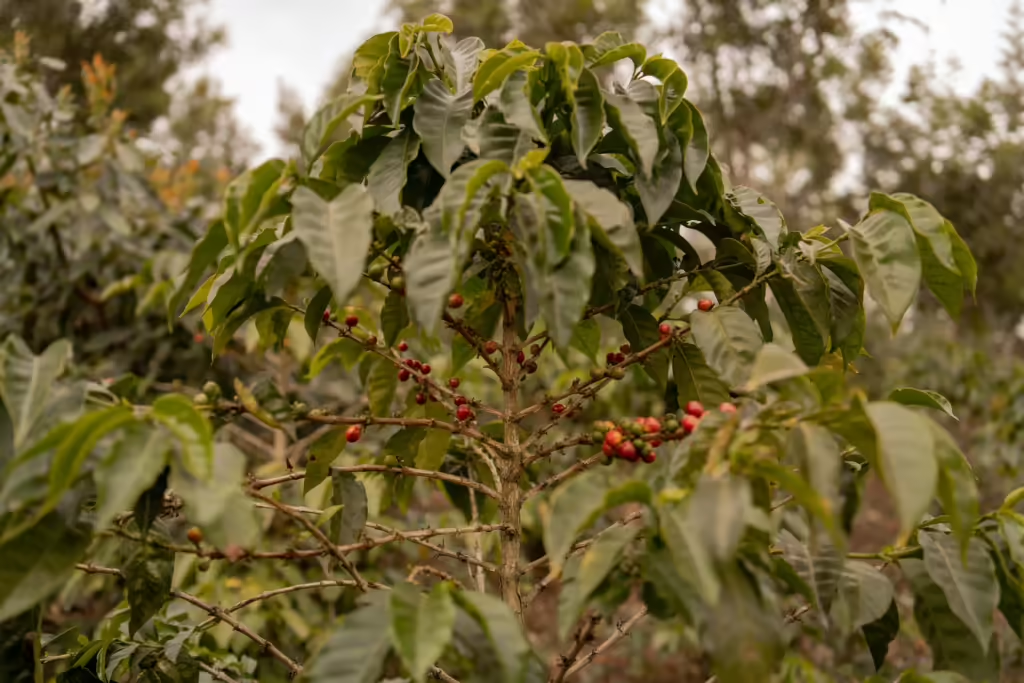
Coffee is a daily ritual for millions of people worldwide, but behind each cup is a complex supply chain that affects farmers, communities, and the environment. As consumers become more conscious of where their products come from, ethically sourced coffee has gained attention. Choosing coffee that is grown and traded in a responsible manner can make a significant difference for both people and the planet. But how can you ensure that the coffee you’re drinking is truly ethical?
In this guide, we’ll walk you through what ethically sourced coffee means, the certifications to look for, and how to make informed choices that support sustainable and fair coffee production.
What is Ethically Sourced Coffee?
Ethically sourced coffee is produced and traded in ways that prioritize fair wages, safe working conditions, environmental sustainability, and respect for the rights of coffee farmers and their communities. This type of coffee production avoids exploitation and strives to create a more equitable and sustainable coffee industry.
Why Does Ethical Sourcing Matter?
The coffee industry employs millions of people around the world, but not all coffee is grown or traded under fair conditions. In some regions, coffee farmers face poor working conditions, unfair wages, and environmental degradation. Ethical sourcing ensures that coffee farmers receive fair compensation, work under safe conditions, and that farming practices are sustainable for the environment.
By choosing ethically sourced coffee, you’re supporting:
- Fair pay and better working conditions for farmers and workers.
- Environmental sustainability, including biodiversity and soil health.
- Social programs that invest in local communities, such as education and healthcare.
Certifications to Look For
One of the easiest ways to identify ethically sourced coffee is by looking for trusted certifications. These labels help ensure that certain ethical and environmental standards have been met in the coffee’s production. Here are some of the most recognized certifications to look for:
1. Fair Trade Certified
Fair Trade is one of the most well-known ethical certifications for coffee. It ensures that farmers receive fair prices for their crops, work in safe conditions, and have access to resources like healthcare and education. Fair Trade also promotes sustainable farming practices that protect the environment.
Key benefits:
- Fair wages and safe working conditions.
- Environmentally sustainable farming methods.
- A portion of profits invested in community development.
2. Rainforest Alliance Certified
Rainforest Alliance focuses on both social and environmental standards. Coffee farms certified by the Rainforest Alliance must meet rigorous requirements for ecosystem conservation, wildlife protection, and fair treatment of workers.
Key benefits:
- Environmental conservation and biodiversity protection.
- Improved livelihoods for coffee farmers.
- Sustainable farming practices that reduce deforestation.
3. Organic Certification
While not solely focused on labor practices, organic certification ensures that coffee is grown without the use of synthetic pesticides, herbicides, or genetically modified organisms (GMOs). Organic farming methods are better for the environment, promote soil health, and reduce the impact of harmful chemicals on farmers.
Key benefits:
- No harmful pesticides or chemicals.
- Healthier ecosystems and better soil fertility.
- Support for sustainable, eco-friendly farming practices.
4. Direct Trade
Direct trade is a model where coffee roasters build direct relationships with coffee farmers, cutting out middlemen and ensuring that the farmers receive higher wages. While direct trade doesn’t have a formal certification, it’s based on transparency, fair pricing, and long-term partnerships between farmers and roasters.
Key benefits:
- Fair prices directly negotiated with farmers.
- Strong relationships between roasters and farmers.
- Focus on high-quality coffee with traceable origins.
5. UTZ Certified
UTZ Certified (now part of the Rainforest Alliance) is a certification focused on sustainability and transparency. UTZ promotes better farming methods, improved working conditions, and environmental protection. Farmers who are UTZ certified must follow guidelines to improve crop yields while minimizing environmental impact.
Key benefits:
- Sustainable farming practices.
- Improved livelihoods for farmers.
- Transparency and traceability in the coffee supply chain.
How to Choose Ethically Sourced Coffee
Now that you know about the certifications, how can you apply this knowledge when shopping for coffee? Here are some tips for choosing ethically sourced coffee:
1. Look for Certifications on the Packaging
The easiest way to identify ethically sourced coffee is by looking for certification labels such as Fair Trade, Rainforest Alliance, or Organic on the coffee packaging. These certifications ensure that your coffee meets specific social, economic, and environmental standards.
2. Research the Coffee Roaster
Many coffee roasters are transparent about their sourcing practices. Visit the websites of your favorite coffee brands or roasters to learn about their sourcing policies. Look for companies that promote fair pay, sustainable practices, and direct relationships with farmers.
3. Support Local Coffee Shops and Roasters
Local coffee shops and roasters often have more control over where they source their beans and may offer direct trade options. Ask your local barista or roaster about where their coffee comes from and whether they support ethical sourcing practices.
4. Choose Single-Origin Coffee
Single-origin coffee comes from one specific region or farm, making it easier to trace the beans’ origin and ensure they were ethically produced. Single-origin coffees are often associated with direct trade and higher-quality beans, as they highlight the unique flavors of the region where they were grown.
5. Check for Transparency
Ethically sourced coffee is often traceable, meaning you can follow the journey of the beans from farm to cup. Look for roasters and brands that provide information about the farmers, the growing region, and how the coffee was produced. Transparency is a key indicator of ethical sourcing practices.
The Environmental Impact of Coffee
In addition to the social impact, ethical sourcing also prioritizes environmental sustainability. Coffee farming can have a significant impact on the environment, including deforestation, water pollution, and soil degradation. By choosing coffee that is grown using sustainable practices, you can reduce the environmental footprint of your daily cup.
Environmentally friendly coffee production includes:
- Shade-grown coffee: Coffee grown under the canopy of trees helps preserve ecosystems, promotes biodiversity, and reduces the need for chemical inputs.
- Water conservation: Ethical coffee farms often use sustainable water management practices to reduce water waste and protect local water sources.
- Reduced chemical use: Organic and sustainable farms avoid harmful pesticides and fertilizers, which can damage ecosystems and harm workers.
Benefits of Choosing Ethically Sourced Coffee
Choosing ethically sourced coffee not only supports fair treatment of workers and sustainable farming practices, but it also often results in higher-quality coffee. Ethically sourced beans are typically grown with care and attention to detail, leading to a better cup of coffee with more nuanced flavors.
Other benefits include:
- Supporting small-scale farmers and their communities.
- Encouraging transparency in the coffee industry.
- Reducing your environmental impact by supporting sustainable farming practices.
Conclusion
As consumers, we have the power to support a more equitable and sustainable coffee industry by choosing ethically sourced coffee. By looking for certifications like Fair Trade, Rainforest Alliance, and Organic, researching the sourcing practices of your favorite brands, and supporting local roasters, you can ensure that your daily cup of coffee makes a positive impact on both people and the planet. So next time you shop for coffee, make an informed choice that aligns with your values and supports a more ethical world.




